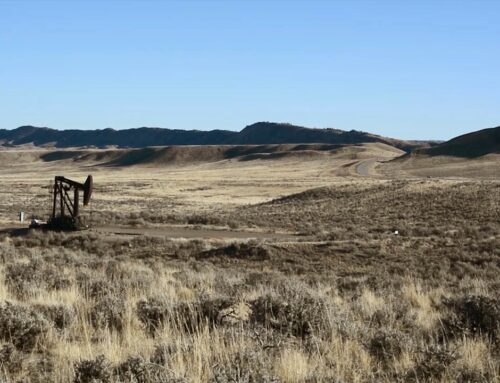Despite the federal government’s recognition that “any significant production of oil shale is not likely to occur for a number of years,” today the Bureau of Land Management released final regulations for a commercial leasing program on federal lands. The consequences of this action could be dire for US taxpayers.
Oil shale is in its very early stages of development, and therefore it is extremely difficult to ensure taxpayers will receive a fair return for extracted shale. No country in the world has established a commercial oil shale industry. If a competitive market for oil shale products does not develop, the federal government will not receive a fair return. And if oil shale commercial production does succeed, taxpayers will also lose because the current regulations allow for a 5% royalty for the first five years of commercial production, increasing only to a rate comparable to other oil and gas leases in its 13th year of production. This type of royalty system could cost taxpayers millions in lost revenue. Furthermore, the final rule also allows for the royalties to be waived completely.
If the government begins leasing to oil companies under these terms, this program will be nothing more than another giveaway to Big Oil. Retrieving oil from shale may be a way to produce more domestic energy, but currently the technology to commercially extract it does not exist. Taxpayers should not bear the financial consequences of this risky prospect. Research and development on federal lands is already occurring, and fast-tracking to commercial leasing before a technology is developed is a high risk taxpayers cannot afford.
Commercial leases for oil shale should not move forward on federal lands until the oil and gas industry can demonstrate oil shale is commercially viable and taxpayers can be assured of a fair royalty rate.
Read the final regulations here: Federal Register November 18, 2008 pdf
Read Taxpayers for Common Sense’s comments on the proposed rule: Official TCS Comments on Oil Shale Management – Proposed Rule










